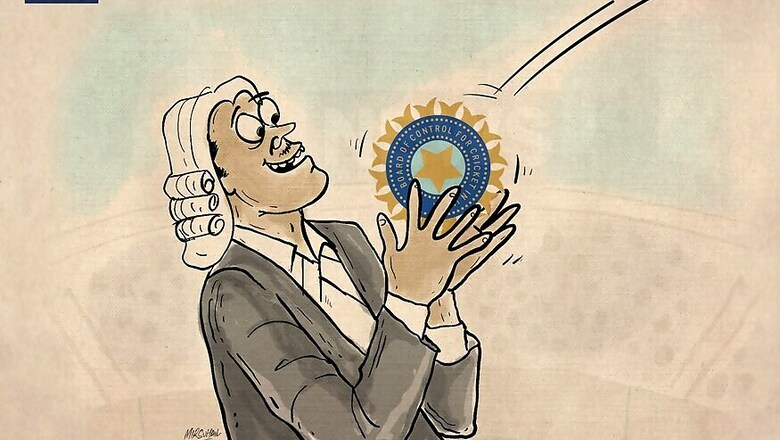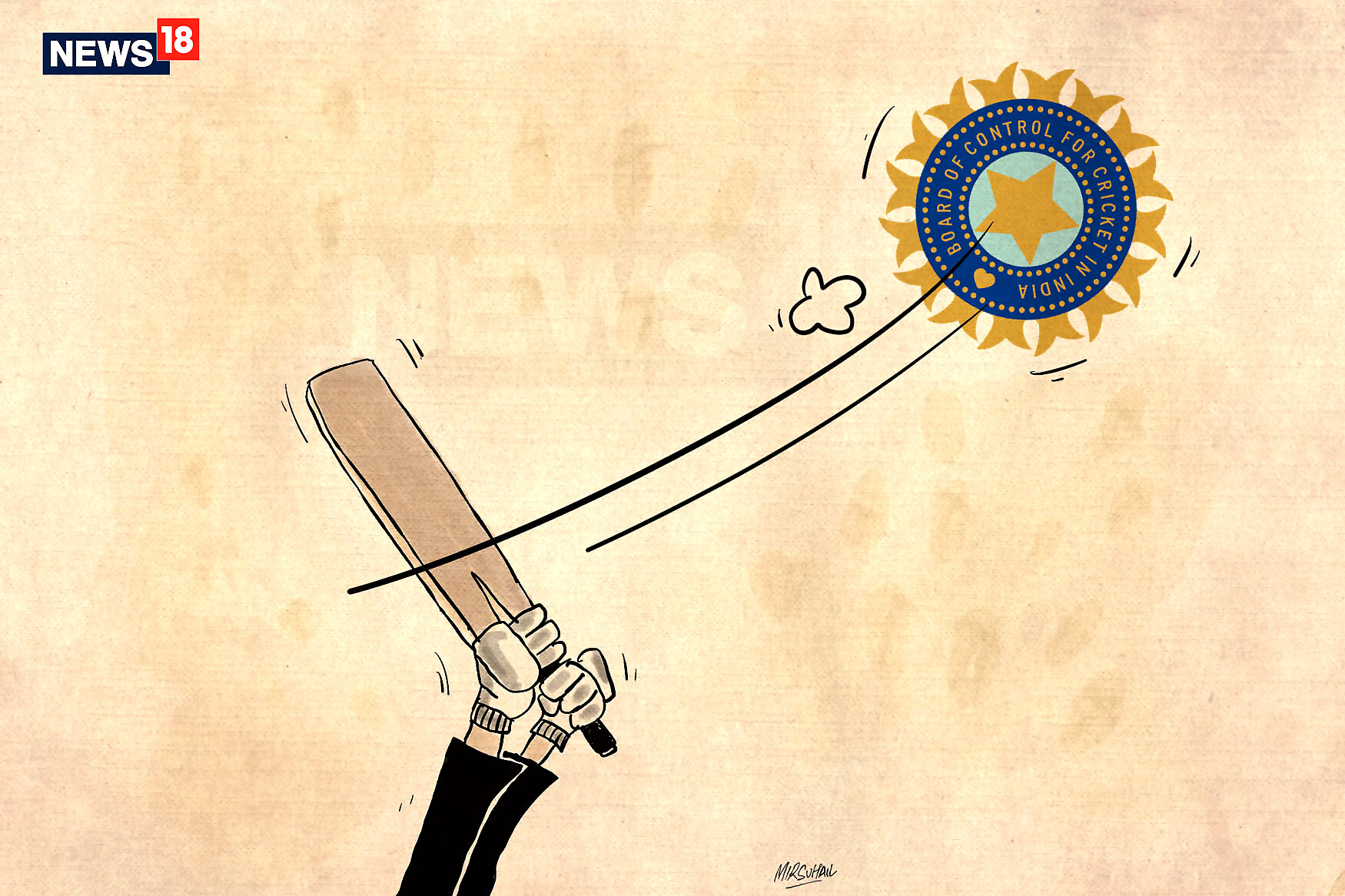
views
New Delhi: The Law Commission of India headed by Justice BS Chauhan has recommended to the Centre that the Board of Control for Cricket in India (BCCI) be classified as a national sports federation and brought under the ambit of the Right to Information Act (RTI).
It has asked the government to classify BCCI as “state" under Article 12 of the Constitution so that it is answerable to authorities, including the courts.
The law panel, which held its full commission meeting on Tuesday, has informed Union Minister of Law and Justice, Ravi Shankar Prasad that “BCCI exercises ‘state-like’ powers affecting the fundamental rights of the stakeholders," and that the “board has taken a flight under the radar of public scrutiny."
The Board later told PTI, "The BCCI has no role in this matter. It's a recommendation by the Law Commission and we will wait for government's decision on it. As far as our knowledge goes, Law Commission's recommendations are not binding unless Parliament decides on it. So it's just wait and watch for us."
In its 124-page report, the commission has stated that “BCCI exercises ‘state-like’ powers affecting the fundamental rights of the stakeholders, guaranteed under Part III of the Constitution. It is hereby recommended that BCCI be viewed as an agency or instrumentality of State, under Article 12 of the Constitution, thereby making it amenable to the writ jurisdiction of the Supreme Court under Article 32."
If the government heeds to the commission's recommendations and classifies BCCI as a public body or an organisation under the RTI Act, anyone can file PILs in the Supreme Court or High Courts questioning the selection of players representing India, states and zones. PILs could also target the agreements signed by BCCI with other cricket playing nations and the International Cricket Council (ICC).
The Commission has also noted that since BCCI had a ‘monopolistic’ approach in regulating the game of cricket, it has often escaped public scrutiny that caused malpractices.

(Illustration by Mir Suhail/News18.com)
“Non-consideration of the role played by BCCI as monopolistic in regulation of the game of cricket has resulted in the Board flying under the radar of public scrutiny, encouraged an environment of opacity and non-accountability. In the past, this has probably given an impression in the minds of the general public that corruption and other forms of malpractices are adversely affecting one of the most popular sports played in India human rights are sacrosanct and innately associated with the human personality," reads the report.
The law panel has also recommended that the government brings the cricket administration under the ambit of RTI, which it has evaded till now.
“As per the statement made in the Lok Sabha, the Central Government has already been regarding BCCI as a National Sports Federation and hence, it is recommended that, for the removal of any doubt, the same be explicitly mentioned in the list of NSFs available on the ministry’s website. This express mention would automatically bring BCCI within the purview of RTI Act," stated the commission.
The justification given by the law panel for classifying BCCI as ‘State’ was that it is answerable for human rights violation.
The panel has also set aside confusions as to whether BCCI receives financial assistance from government and said that it indeed does.
“The government in impliedly authorizing BCCI to raise funds/generate resources from numerous other sources, funds and resources, which otherwise could have been directed to the National/State Exchequer, also amounts to ‘substantial financing’. It can be asserted that BCCI has, over the decades, indeed received ‘substantial financing’ from the Governments," said the report.
However, the commission has noted that though “Central Government does not extend any direct financial assistance to BCCI, but it is also on record that it has been giving financial assistance in other forms and manner such as granting concessions in income tax, customs duty etc., and providing land at excessively subsidized rates, among others".



















Comments
0 comment